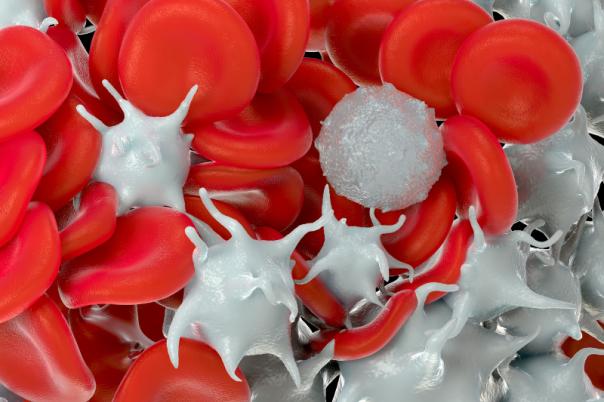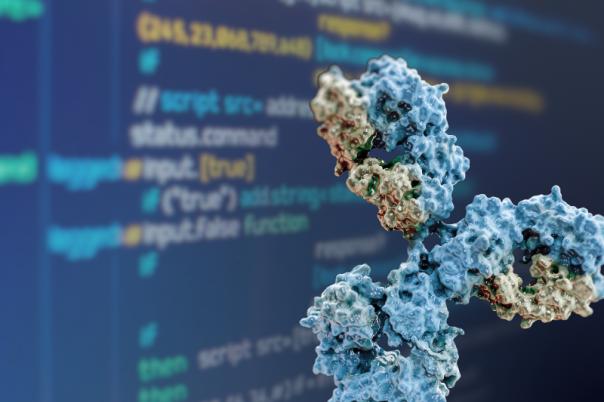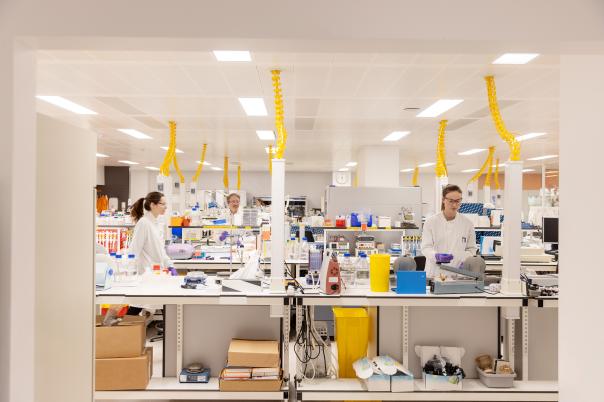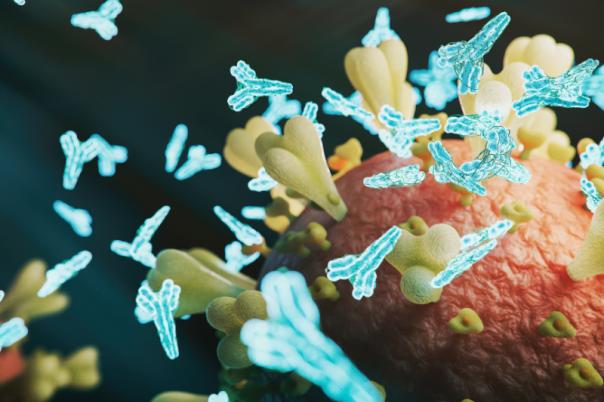In this presentation, Rajesh Sundaresan, Scientific Leader at GSK, provided a comprehensive overview of the innovative approaches being employed by GSK to enhance antibody discovery against challenging membrane proteins. Sundaresan began by highlighting the inherent difficulties associated with membrane proteins, such as issues with purification and maintaining functional integrity, which have historically limited the number of biologics targeting these proteins.
GSK's strategy involved utilising multiple antigen formats, including genetic and cellular immunogens, as well as protein immunogens. This approach aimed to overcome the limitations of traditional detergent-based methods. A significant advancement discussed was the mRNA LNP platform, which allowed for rapid and efficient antigen production, crucial for antibody discovery against transmembrane proteins.
The presentation also emphasised the integration of AI and genomic science to enhance target discovery. This integration helped identify unprecedented targets and accelerate the development of new biologics. Sundaresan detailed the prime and boost strategy, which involved using different antigen formats to enhance the immune response and improve the chances of successful antibody discovery.
Throughout the presentation, Sundaresan provided examples of how these methods had been put into action, showcasing the successful discovery of antibodies against various transmembrane proteins. The use of the mRNA LNP platform was particularly highlighted for its ability to produce high-quality antigens quickly, which was essential for maintaining the pace of discovery.
In conclusion, the presentation underscored the importance of using multiple antigen formats and advanced technologies to improve the rate of antibody discovery. Sundaresan's insights into GSK's innovative approaches provided a clear understanding of the future direction of antibody discovery and the potential for significant advancements in this field.






